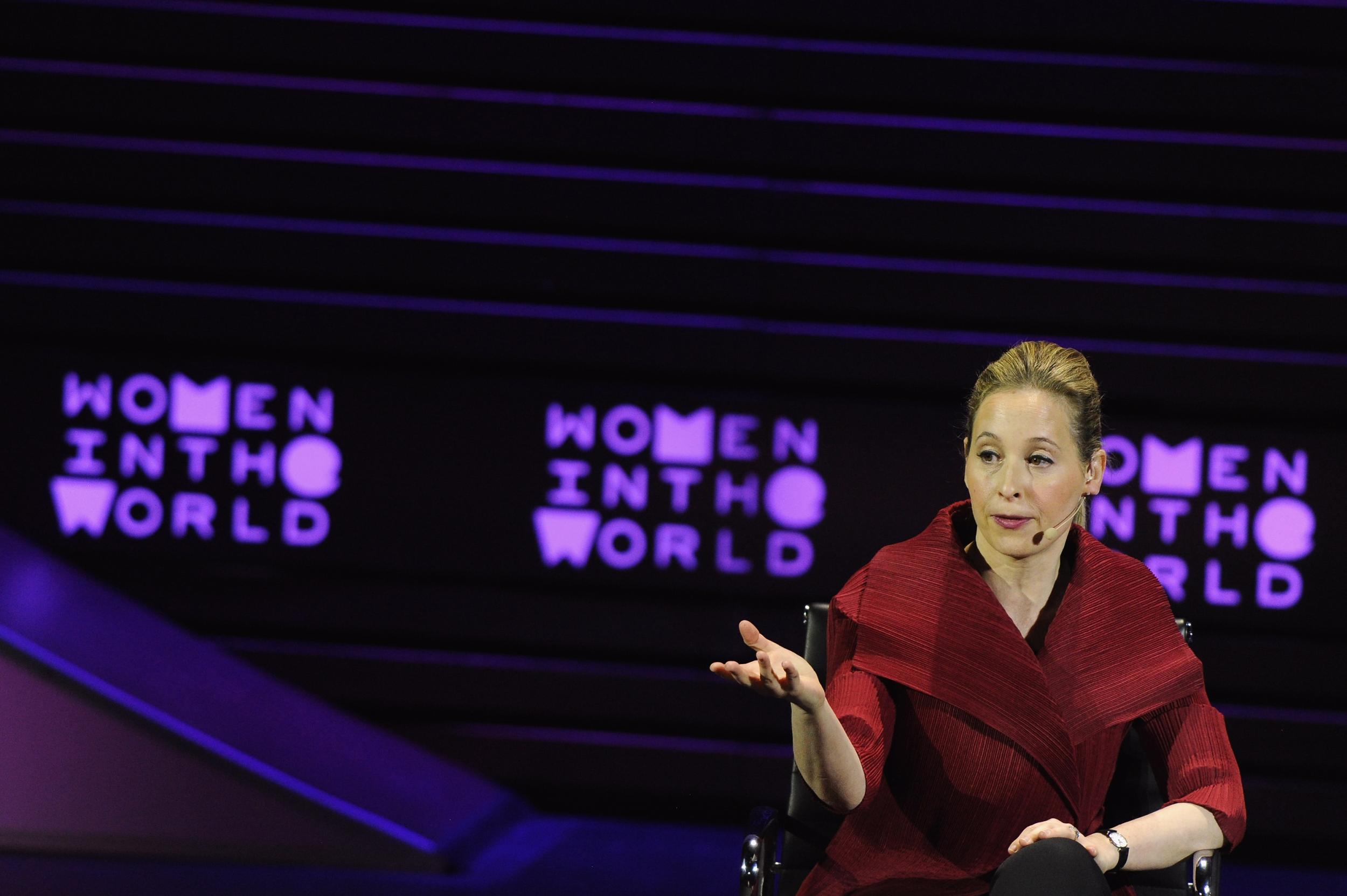Can a Marxist report neutrally on developments in economics to a mass audience?
Noreena Hertz, the incoming economics editor of ITV, has denied she’s a follower of what one newspaper described rather weirdly as “the German-born philosopher”. And the claim does come from Jeremy Clarkson, who some might not regard as an unimpeachable source. Yet it’s an interesting, and undeniably topical, question nonetheless.
George Osborne recently accused the former Channel 4 News economics editor, Paul Mason, of being “a revolutionary Marxist” on the floor of the House of Commons. Mason said this was “completely inaccurate” preferring the label “radical social democrat”. But Mason did step down from the Channel 4 News recently to escape the “impartiality framework” of television.
So can followers of Karl Marx, or even radical social democrats, be trusted to tell it straight on economic developments on GDP, wages, inflation, inequality etc? Or does, as some imply, their ideology taint everything they say and do, rendering them unsuitable guides to economic events?
First it’s important to clarify what one means by “Marxist”. The label is as elastic as Boris Johnson’s relationship to facts. It can mean anything from the hard-line “Marxist-Leninist” who seeks to foment the collapse of capitalism (through violent means if necessary) to the mild-mannered Oxbridge don who finds some Marxist economic perspectives useful, but who has no time for all that embarrassing guff about the “labour theory of value”.
They are thinner on the ground today but there have been some impressive “Marxist” economists at British universities over the decades, from Cambridge’s Joan Robinson, to Michal Kalecki of the London School of Economics to Andrew Glyn of Oxford. The man who is easily the most insightful economics blogger in the UK, Chris Dillow, is a proud Marxist.
A Marxist-Leninist rabble-rouser would probably not make for a great interpreter of the latest quarterly GDP figures. But there is no reason why a considered and thoughtful Marxist, someone who understands and respects the impartiality constraints of television news, could not do an excellent job. Indeed, she or he might bring a useful new perspective to a field of reporting that is all too susceptible to “groupthink”.
There is often more striking insight (and indeed more mainstream economics) in a single Chris Dillow blog post than can be found in a typical month of economics reports from the big TV broadcasters.
Second, it’s telling that the impartiality question is never asked of those on the other end of the spectrum. Broadcasters and major newspapers over the decades have employed, and still do, a host of reporters and editors who broadly subscribe to the view that what’s good for “business” is axiomatically good for the overall economy and the country.
That’s an ideology as powerful and arguably as distorting as anything that can be found among the small band of adherents of a long-dead German-born philosopher.





Join our commenting forum
Join thought-provoking conversations, follow other Independent readers and see their replies